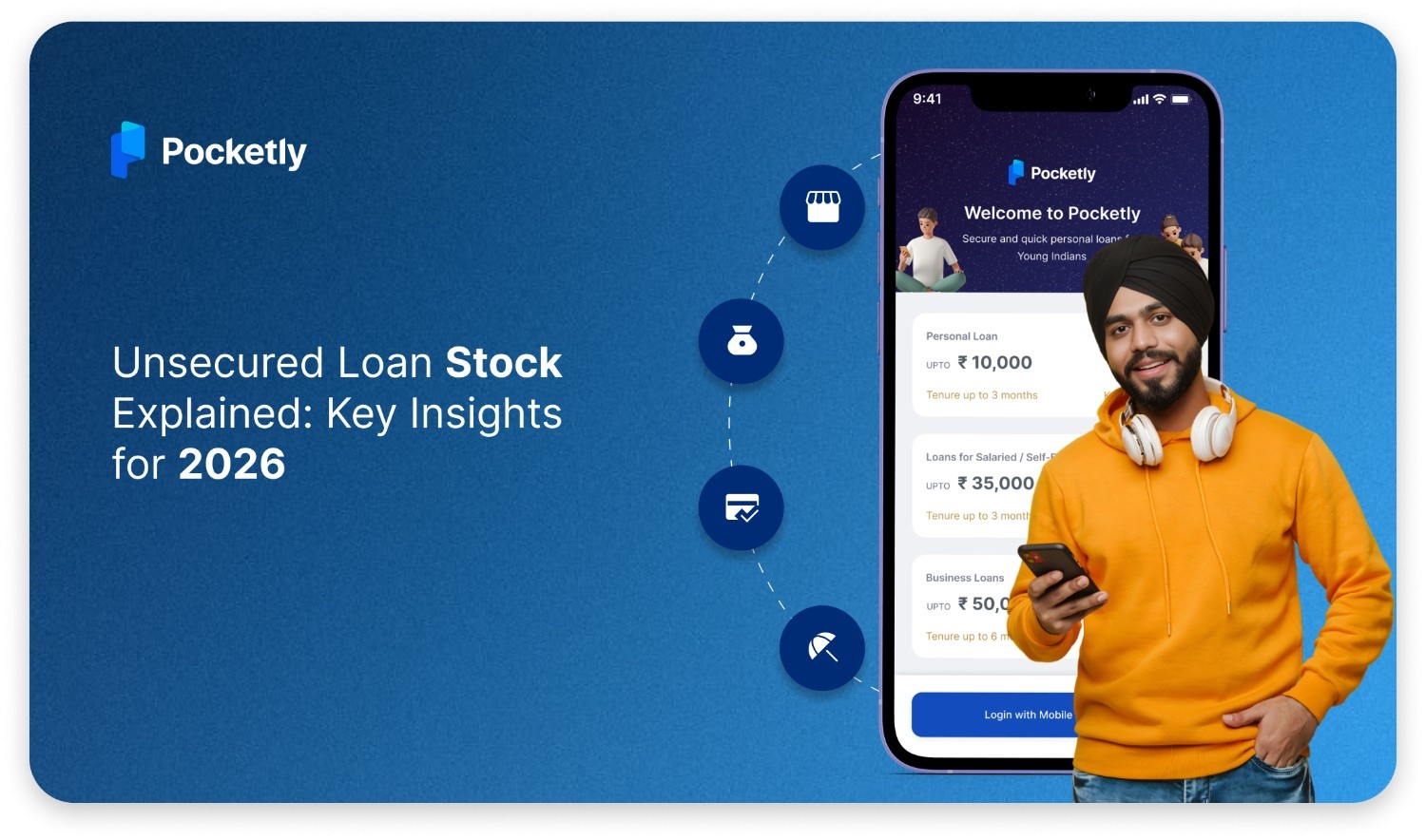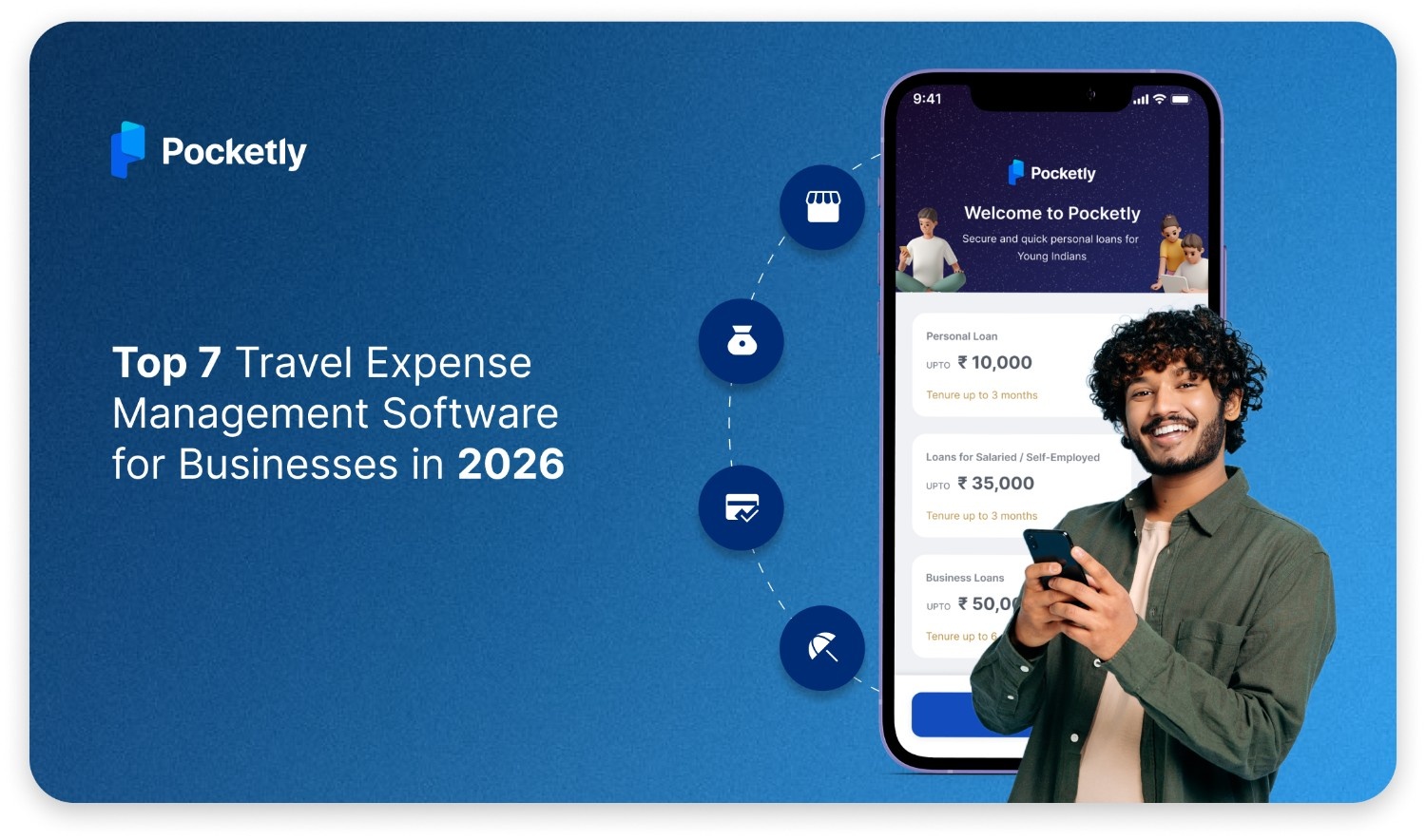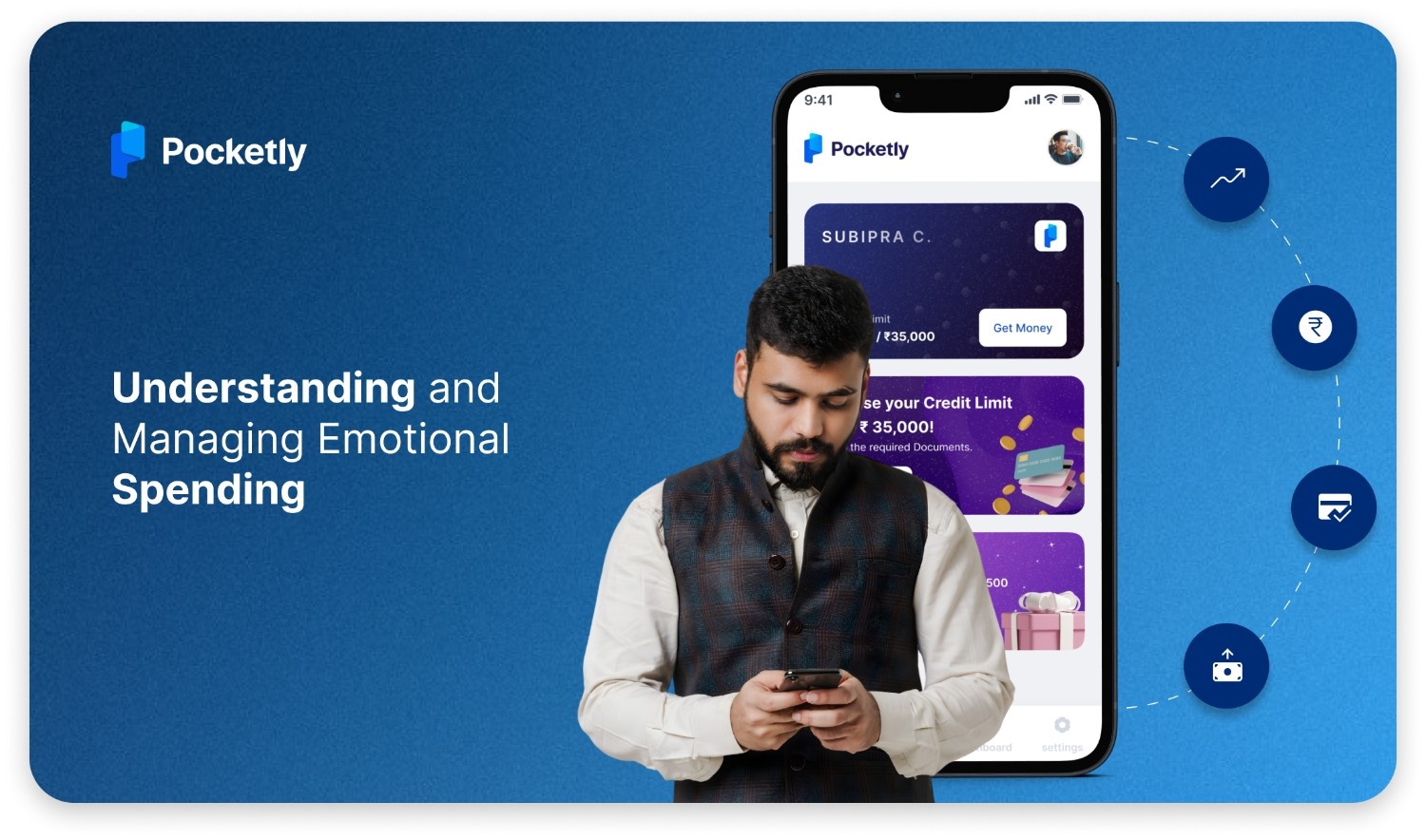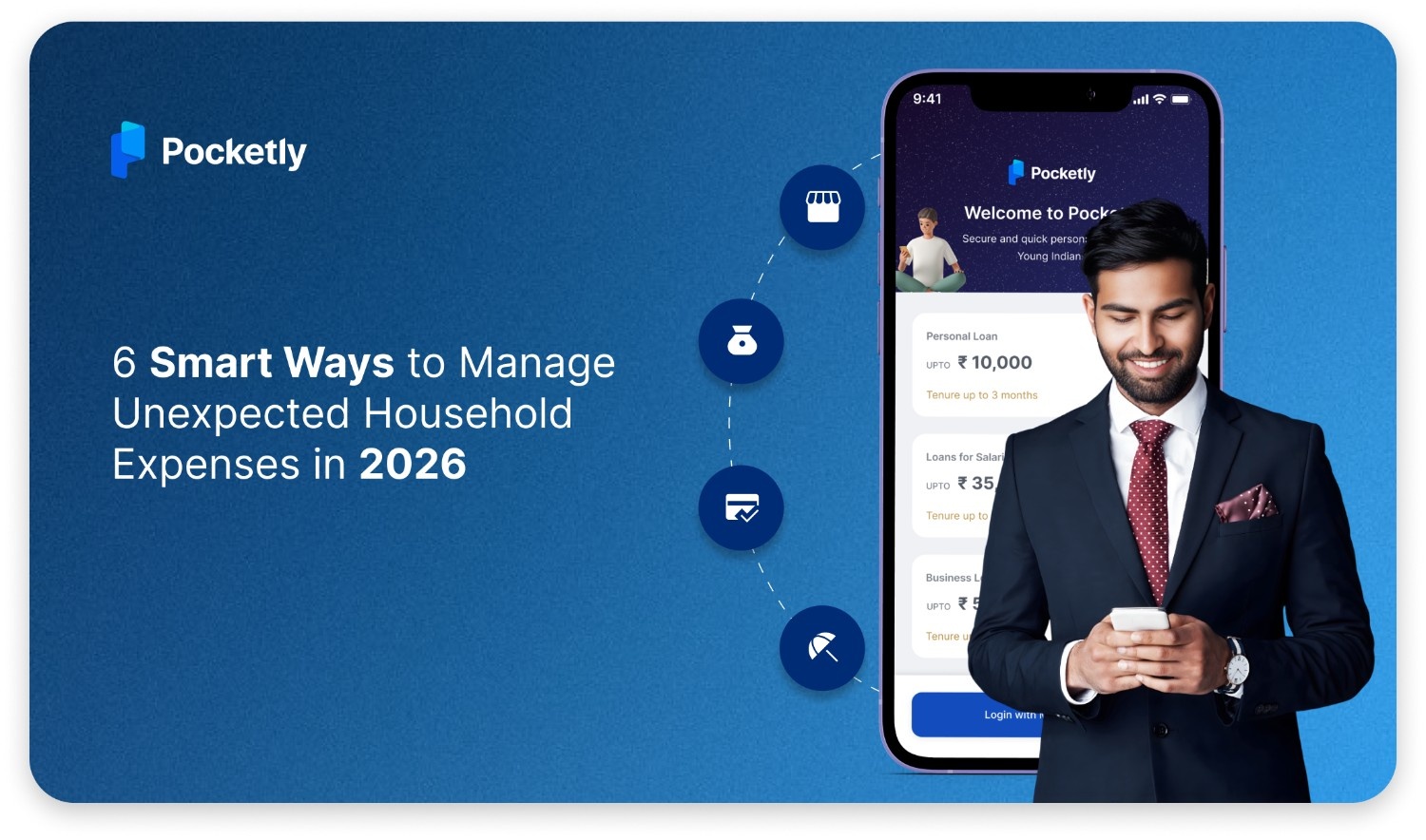You might’ve seen that three-digit number pop up when applying for a small personal loan, buying something on EMI, or checking your financial profile. That number is called your credit score. It’s one of the first things lenders look at before making a decision, even for amounts as small as ₹2,000 or ₹10,000.
A credit score is a number between 300 and 900 that reflects how reliable you are with credit, based on your past repayment history and financial habits. The higher your score, the better your chances of getting approved for credit at good rates.
What many people don’t realise is that this score doesn’t come from a single source. Different credit bureaus maintain their own versions, and Equifax is one of the key credit bureaus operating in India.
So, what exactly does an Equifax credit score say about you? How is it different from other scores like CIBIL or Experian? And why should it matter, especially if you’re a student, a homemaker, or a small business owner, depending on short-term credit? Let's understand this.
What Is Equifax Credit Score?
Think of your credit score as a quick summary of your reliability with borrowed money. And Equifax? It’s one of the agencies that builds that summary based on your financial activity.
For example, suppose three different teachers are grading the same student. They’re all looking at similar assignments, but each uses a slightly different marking style. One might give more weight to consistency, another to improvement, and the third might be strict about late submissions. Similarly, Equifax is one of the “graders” of your credit behavior, along with other bureaus like CIBIL and Experian. All are valid, but each might score you a bit differently based on the data they have and how they assess it.
So, when you hear someone mention an Equifax credit score, they’re talking about a number, typically ranging between 300 and 900, that reflects your creditworthiness as evaluated by Equifax.
A higher score means you’re seen as financially trustworthy. A lower one? It might raise a few red flags for lenders.
What Role Does Equifax Play?
- Credit Score Generation: Equifax tracks your credit activity and calculates your credit score using a scoring model based on your payment history, credit usage, and more.
- Credit Report Maintenance: It maintains detailed credit reports that reflect how you’ve handled loans, credit cards, and other forms of borrowing.
- Used by Lenders: Banks, NBFCs, and even newer financial platforms use Equifax reports to decide whether or not to approve your credit applications.
- Data Accuracy: It collects and updates information from multiple financial institutions to keep your profile current.
- Risk Assessment Tool: Lenders often use Equifax scores to estimate how likely you are to repay borrowed money, influencing approval chances and interest rates.
Why Does the Equifax Credit Score Matter?
- Used by Banks, NBFCs, and Fintechs: From traditional banks to new-age lending platforms, many institutions rely on Equifax data to evaluate your creditworthiness.
- Can Influence Loan Approvals: A good Equifax score can tip the balance in your favour, especially if a lender reviews more than one bureau’s report.
- Impacts Interest Rates and Credit Limits: A higher score may get your loan approved faster and lead to better terms, like lower interest rates or higher credit limits.
- Reflects a Different Perspective: Since each bureau collects slightly different data and updates it at different times, your Equifax score may highlight parts of your credit activity that another bureau misses.
- Accepted Across Multiple Sectors: It’s not just personal loans or credit cards; your Equifax score might be reviewed when applying for home loans, business loans, or even BNPL (Buy Now, Pay Later) services.
Now that we know the Equifax Credit Score, it’s time to explore how it differs from other credit scores, such as those from TransUnion and Experian. Understanding these differences can help you better navigate your credit landscape and make informed financial decisions.
Also Read: Getting a Personal Loan with a Low CIBIL Score
Differences Between Equifax and Other Credit Scores
While all credit bureaus aim to assess your creditworthiness, the way they gather data and calculate scores can vary. Understanding these differences gives you better clarity on why your score might look different across platforms.
| Feature | Equifax | CIBIL (TransUnion) | Experian | CRIF High Mark |
|---|---|---|---|---|
| Score Range | 300 – 900 | 300 – 900 | 300 – 900 | 300 – 900 |
| Scoring Model | Equifax Risk Score | Empirica Score Model | Custom Experian Model | CRIF High Mark Credit Score |
| Data Sources | Banks, NBFCs, and credit institutions | Wide lender network | Banks, credit card issuers | Cooperative banks, MFIs, lenders |
| Market Presence in India | Strong among NBFCs & fintechs | Most widely used | Gaining traction | Known for microfinance coverage |
| Report Includes | Credit history, repayments, inquiries | Credit history, account info | Credit mix, utilization | Detailed rural + urban data |
| Update Frequency | Monthly (or as per lender update) | Monthly | Monthly | Monthly |
| Free Score Access | 1 free report/year (via Equifax) | 1 free report/year (via CIBIL) | 1 free report/year (via Experian) | 1 free report/year (via CRIF) |
| Preferred By | Fintechs, some private lenders | Major banks, credit card issuers | New-age lenders, NBFCs | NBFCs, rural-focused lenders |
While your Equifax Credit Score is an important reflection of your financial health, it’s shaped by several key factors. Let’s break down these factors to understand better how they influence your score and what actions you can take to improve it.
If your Equifax score is mid-range, Pocketly offers a practical way to access small-ticket loans, from ₹1000 to ₹25,000, without needing a perfect credit history. Interest rates start at 2% per month and processing fees range from 1% to 8%.
Now that you know how Equifax stands apart, it’s worth understanding what a strong score here can unlock for you, beyond just loan approvals.
Benefits of Maintaining a Good Equifax Credit Score
It’s easy to ignore a credit score until the moment it becomes the reason you’re stuck. Whether you’re just starting out financially or managing multiple responsibilities, your Equifax score has a direct say in how flexible your options are when money’s tight or plans get bigger.
Here’s what a good score helps you do, depending on where you are in life:
- Faster Loan Approvals When You Need Them Most: Life doesn’t give you a heads-up before dropping unexpected expenses. A strong Equifax score can help speed up approvals, whether it’s an emergency loan, medical bill, or even a work-related upgrade like buying a laptop on EMI.
- Better Interest Rates and Lower Charges: Lenders tend to reward trustworthy borrowers. With a good score, you’re more likely to get loans with lower interest rates, reduced processing fees, or flexible repayment options, which saves you real money over time.
- Easier Access to Higher Credit Limits: Whether it’s a credit card or a personal line of credit, a higher score often leads to better credit limits, giving you more room to plan, spend, or handle short-term gaps without relying on informal sources.
- Builds Trust With New-Age Fintechs: Many digital lending platforms, including Pocketly, use your Equifax score to understand how financially responsible you are. A good score can make your experience smoother and help you unlock better features or borrowing terms.
- Stronger Financial Profile for the Future: Planning to apply for a home loan in a couple of years? Or thinking of relocating abroad? A consistently high credit score makes you look financially sound, something both banks and visa agencies often check.
- Works Silently in the Background: Even when you’re not actively borrowing, your score is still working in the background, updating with every payment, every swipe, every cleared EMI. Keeping it healthy gives you leverage whenever you need it.
A score isn’t just a number. It’s built over time through specific actions and patterns. Here's what goes into shaping your Equifax credit score and what might be helping or hurting it.
What are the Factors Affecting Your Equifax Credit Score?
Your Equifax credit score isn’t random. It’s shaped by how you handle the money you’ve borrowed. These are the main factors that come into play:
- Repayment History: Whether you’ve been paying your EMIs, credit card dues, or loan installments on time is a big deal. Even a single missed payment can bring your score down.
- Credit Utilization: This is about how much of your available credit you actually use. If your credit card limit is ₹50,000 and you often use ₹45,000, it shows high usage, making lenders uneasy.
- Total Outstanding Debt: The more unpaid your loans or dues, the riskier you appear. A high overall debt can signal that you might struggle to repay future loans.
- Length of Credit History: How long you’ve had active credit accounts matters. A well-maintained old account reflects stability, which can boost your score.
- Credit Mix: A mix of credit types, like a personal loan, a credit card, or even a home loan, can work in your favour. It shows you can manage different types of credit responsibly.
- Number of Credit Inquiries: Every time you apply for a loan or a credit card, the lender checks your credit score. Too many checks in a short period can make you look credit-hungry, and that might pull your score down.
- Errors in Credit Report: Incorrect entries, like a loan you never took or a closed account marked as open, can hurt your score if not corrected in time.
Maintaining a good Equifax Credit Score offers numerous benefits, including lower interest rates and better access to credit. But the advantages don’t stop there; let's explore how a high score can impact various aspects of your financial life.
Also Read: Understanding the Ideal CIBIL Score Range for Personal Loan Applications
Before you try to improve your score, knowing where you currently stand is important. Here’s how you can check your Equifax score easily and for free.
How to Check Your Equifax Credit Score
Checking your Equifax credit score might sound like something only financial experts do, but everyone should do it from time to time. Knowing your score puts you in control, whether you're applying for a loan, trying to build credit, or just curious about where you stand.
And the good news? It’s completely free, at least once a year, as mandated by the RBI.
Here’s how you can check it:
Step-by-Step Process:
- Go to the Official Equifax India Website
- Visit Equifax’s site. You’ll find the link to access your free credit report on the homepage.
- Click on “Free Credit Report (Under RBI Mandate)”
- This section lets you request one free report per year, as the Reserve Bank of India allows. No charges, no subscriptions.
- Fill Out Your Details
- You’ll need to enter:
- Your full name (as per PAN)
- Date of birth
- PAN card number
- Registered email ID and mobile number
- Current address
- Upload a Valid ID Proof
- Most commonly, your PAN card or Aadhaar will do the job. Make sure it’s clear and matches the info you’ve entered.
- Submit the Request
- Equifax will verify your details once you complete the form and submit your request.
- Get Your Report via Email or Online Access
- After verification, your Equifax credit report, including your credit score, will be sent to your registered email. Sometimes they may call for additional verification before sending it.
A Few Things to Keep in Mind:
- If you’ve never checked your score before, this process might take a day or two.
- The request could be delayed if any of your details don’t match (like an old phone number or outdated address).
- You can also get your Equifax score through third-party platforms, but be sure they’re RBI-authorized or registered partners.
Improving your Equifax Credit Score is within your control, and you can make positive changes with the right strategies. Let’s look at some effective tips and actions that can help raise your score over time.
Tips on Improving Your Equifax Credit Score
Here are some steps you can follow:
- Pay On Time — Every Time: On-time payments are non-negotiable, even if it’s the minimum due on your credit card or a small EMI. Even by a few days, payment delays are one of the biggest reasons scores drop.
- Avoid Using Up All Your Credit Limit: Try to keep your credit usage below 30% of your total available limit. So if your credit card limit is ₹50,000, aim to use no more than ₹15,000–₹20,000 regularly.
- Don’t Apply for Multiple Loans or Cards at Once: Every time you apply, lenders do a "hard inquiry." Too many of these in a short time can make you look desperate for credit, which dents your score.
- Keep Old Credit Accounts Open: Closing your first credit card might feel like cleaning up, but it shortens your credit history, which isn't great for your score. Keeping it active with minimal usage is better as long as it does not cost you fees.
- Check Your Credit Report for Errors: It’s not uncommon to find a loan you never took, a closed account still marked as open, or payment errors. One small mistake in your Equifax report can drag your score down unfairly. Raise a dispute if you find one.
- Don’t Max Out BNPL Limits or Pay Later Apps: These short-term tools might seem casual, but lenders track them too. High usage or missed payments on BNPL services can hurt your score just like a missed EMI would.
- Use Credit Wisely, Even If It’s a Small Amount: If you're a student or just starting out, taking a small consumer durable loan or secured credit card and paying it off responsibly is a smart way to start building credit.
As you work toward improving and maintaining your Equifax Credit Score, tools like Pocketly can provide invaluable support. Let’s explore how Pocketly can help you track your progress and make informed decisions on your credit journey.
How Pocketly Supports Your Credit Journey
If you're reading up on credit scores, there's a good chance you've either faced a loan rejection, struggled with rigid repayment rules, or just don’t know how to build your score from zero. And let’s be honest, traditional lenders aren’t always built for people who are just starting out or navigating tight months.
That’s where Pocketly fits in.
Whether you're a student applying for your first credit product, a gig worker managing unpredictable income, or someone with a thin credit file, Pocketly is designed to make credit more accessible, transparent, and manageable, without drowning you in fine print or waiting periods.
By offering responsible short-term credit and reporting your repayment behavior to credit bureaus like Equifax, Pocketly helps you build a score, improve it, or maintain it, all while solving your immediate needs.
Here’s how Pocketly helps solve your credit pain points:
- Instant Credit Access for the Underbanked: Get small-ticket credit amounts ranging from ₹1000 to ₹25,000 right when needed, no lengthy credit history or collateral required.
- Transparent, Affordable Borrowing: Pocketly offers interest rates starting at 2% per month, with processing fees ranging from 1% to 8% depending on the loan amount, making the borrowing process clear, upfront, and manageable.
- Helps Build or Boost Your Credit Score: Every on-time repayment is reported to credit bureaus like Equifax, helping improve or establish your creditworthiness over time.
- Flexible Repayment Options: You’re not forced into rigid EMI structures. Choose a plan that works for your income cycle, whether you're salaried, freelancing, or still studying.
- Low Entry Barrier: Even if you're a first-time borrower with no existing score, you can still qualify, making it a practical starting point for building your credit profile.
- Real-Time App Experience: From application to repayment tracking, everything happens in-app. No bank visits. No paperwork delays.
- Transparent Charges — No Hidden Surprises: You see exactly what you’re paying and why. That means no random deductions, confusing clauses, or rollover traps.
Conclusion
A credit score isn’t just a number; it’s a signal. Not just to banks, but to every financial system you’ll interact with as you move through different phases of life. And while tools like Equifax give you a structured way to measure and track that signal, what makes the difference is how early and how intentionally you start shaping it.
Instead of waiting for bigger financial moments, like a home loan or visa approval, to start caring about your score, the smarter move is to treat your current credit behavior as groundwork. Whether it's a ₹2,000 repayment or a ₹20,000 credit limit, every choice either builds your case or makes it harder to move forward later.
That’s the real takeaway: your credit score isn't just for lenders, it's leverage for your own decisions. And using platforms that help you move with intent, not uncertainty, is how that leverage turns into real financial advantage.
Every repayment counts; make yours count for more. Download Pocketly on Android or iOS and start building better credit with every step.
FAQs
Q1. Can a high Equifax credit score guarantee the best loan rates and terms?
A1. A high Equifax score certainly increases your chances of securing better loan terms, but doesn't guarantee the lowest rates. Lenders evaluate multiple factors when determining your loan terms, including your overall financial profile and the specific type of loan you're applying for. A high Equifax score, however, will significantly improve your chances of getting favourable loan terms, such as lower interest rates and higher loan amounts.
Q2. How frequently does my Equifax credit score get updated?
A2. Your Equifax credit score is updated on a monthly basis, or whenever your lenders report new information. This means your score can change quickly, especially if you make significant changes to your financial behavior, like paying off debt or missing a payment. Monitoring your score regularly helps you stay on top of any changes affecting your loan eligibility or terms.
Q3. Why should I check my Equifax credit score even if I already have a CIBIL or Experian score?
A3. Different credit bureaus use distinct scoring models and data sources, so your score may vary between them. Regularly checking your Equifax score gives you an additional perspective on your creditworthiness and ensures that you're aware of any discrepancies or updates that could impact your financial decisions. It’s essential to stay informed about all of your scores, especially when applying for new credit or loans.
Q4. If I use Pocketly, can I improve my Equifax score?
A4. Yes! Pocketly can be an effective tool for improving your Equifax credit score. By offering flexible, short-term loans and reporting timely repayments to credit bureaus like Equifax, Pocketly helps you build or rebuild your credit. Pocketly’s approach is designed to support responsible borrowing, which ultimately improves your credit profile. Additionally, using Pocketly's real-time credit monitoring tools allows you to track your progress and make informed decisions to boost your score further.










